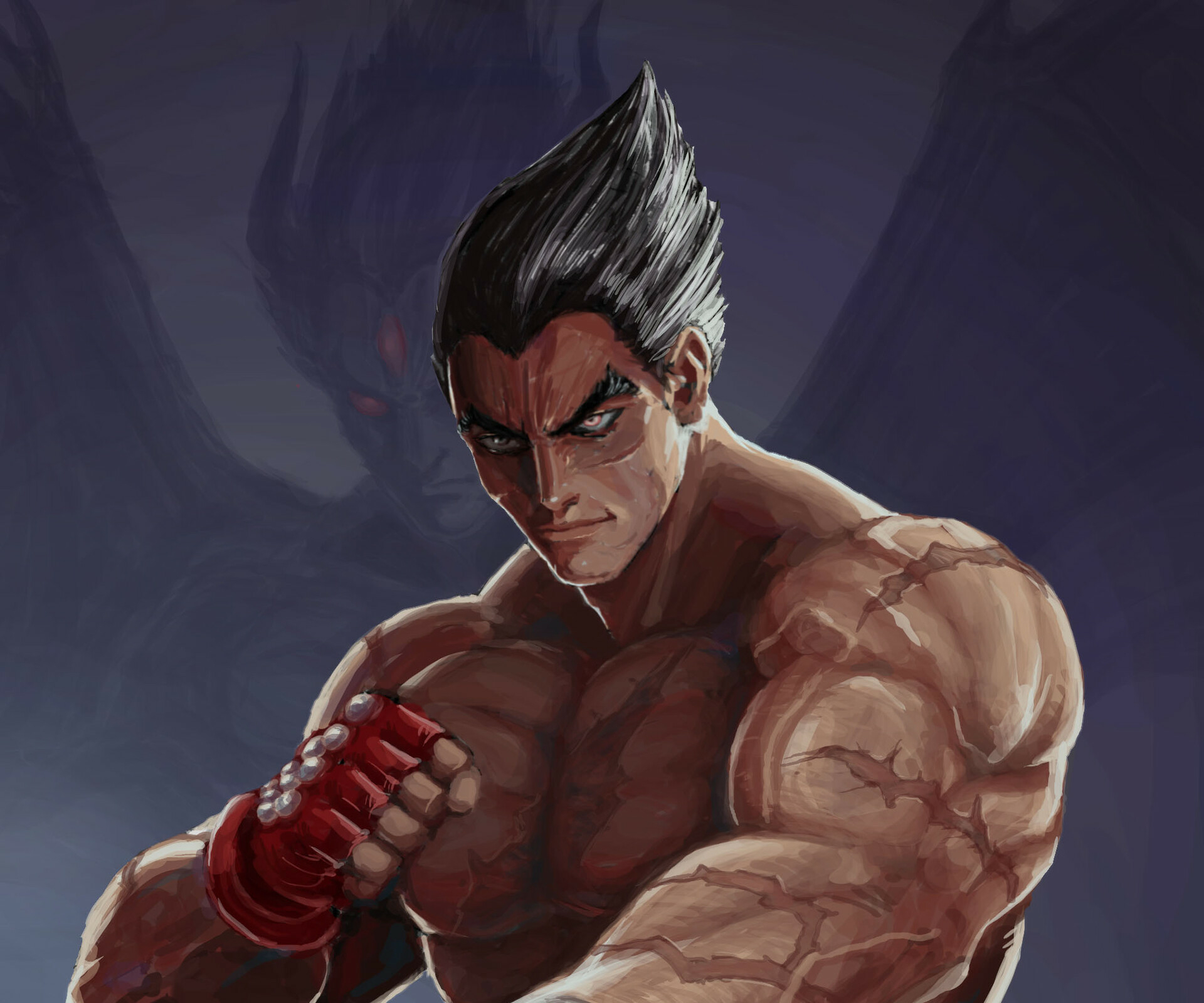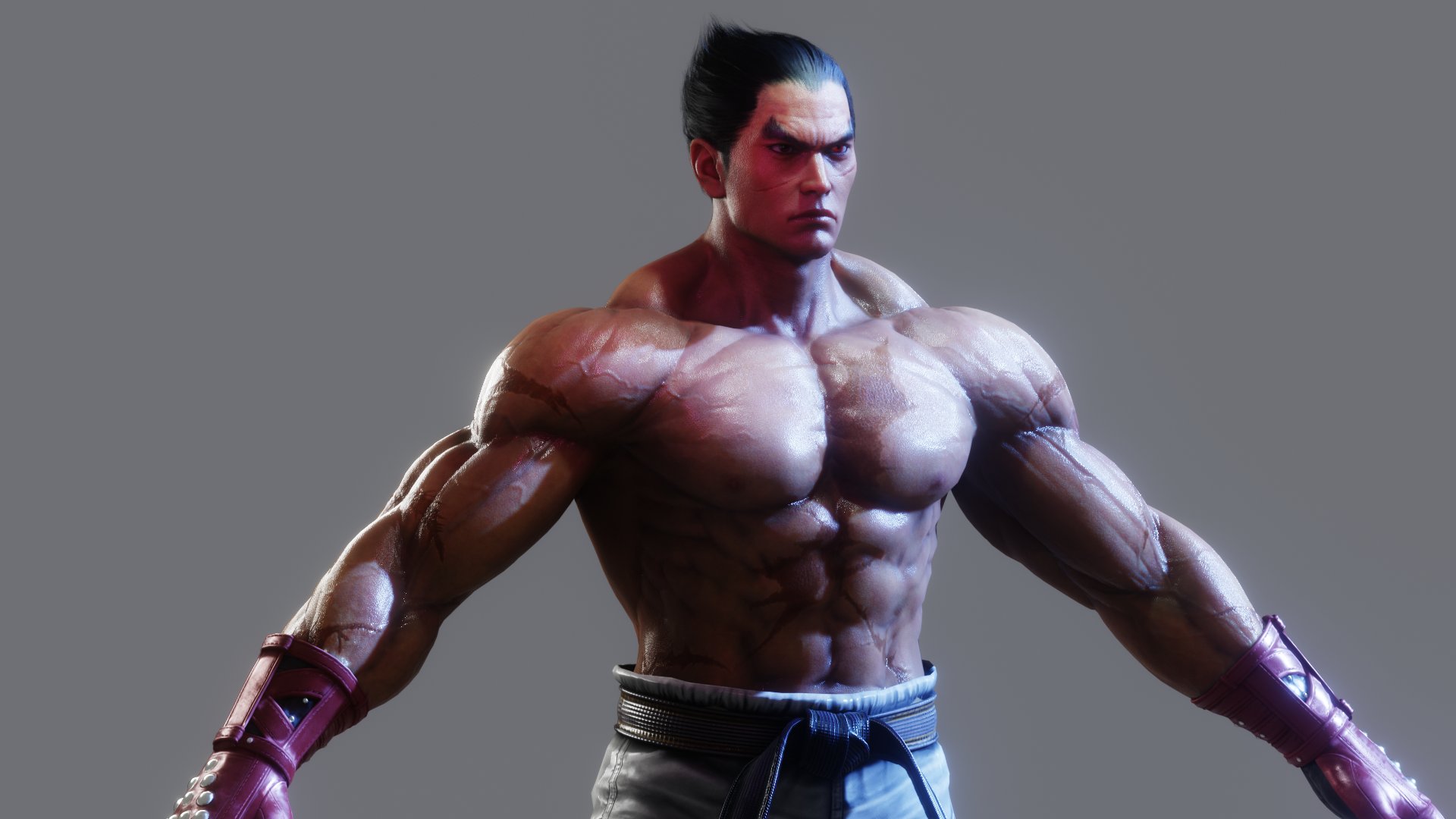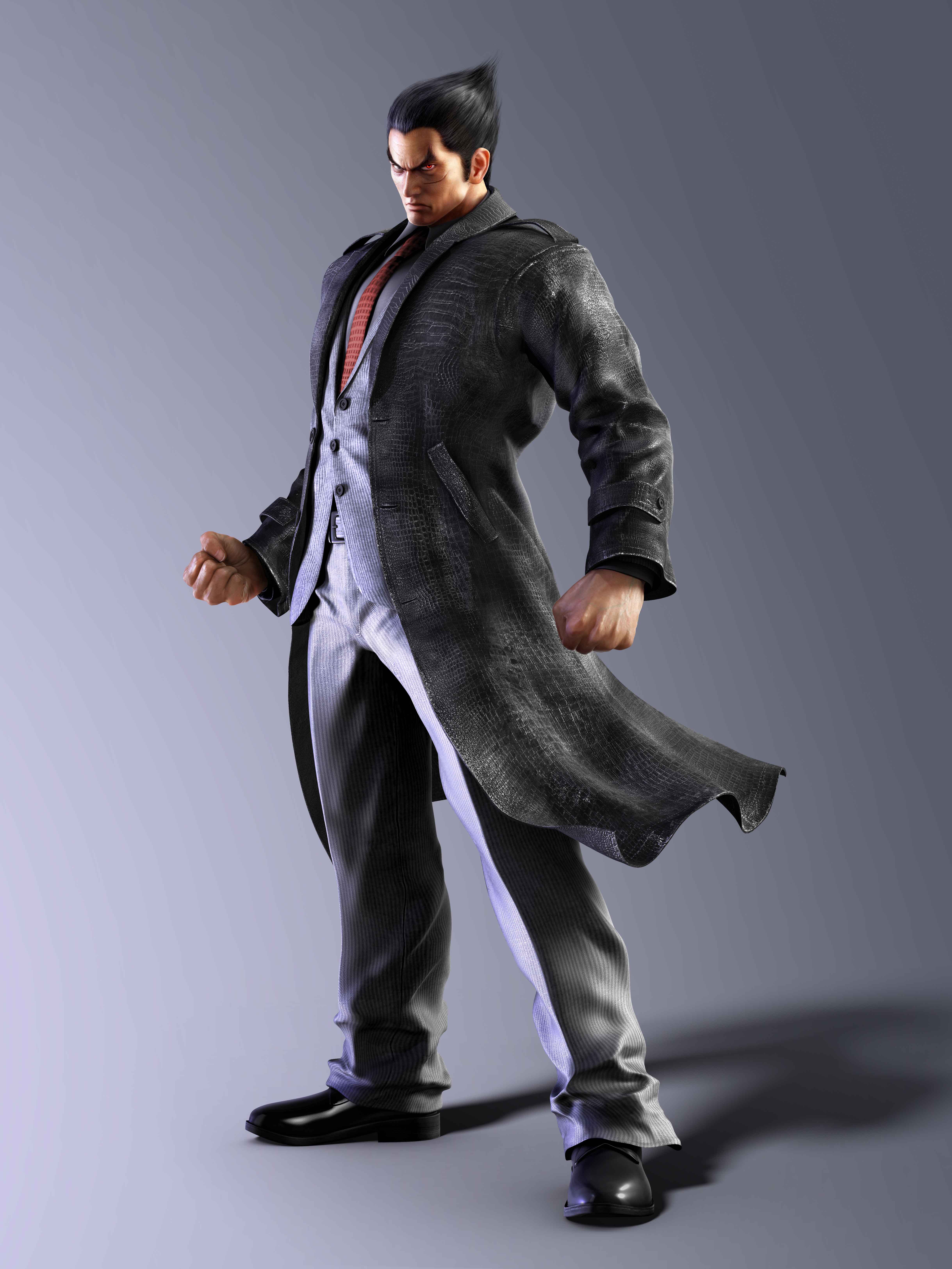Kazuya Mishima: The Tekken Character Who Became A Fighting Game Icon
Introduction
Kazuya Mishima, the main protagonist of the Tekken series, embodies the complexities of a fighting game icon. His nuanced characterization, compelling backstory, and versatile fighting style have captivated players worldwide. This essay critically examines the intricate layers of Kazuya's persona, exploring his motivations, relationships, and impact on the fighting game genre.
A Troubled Past and a Drive for Power
Kazuya's childhood was marked by trauma and a constant struggle for recognition. His father, Heihachi Mishima, subjected him to rigorous martial arts training, exploiting his son's inner darkness for personal gain. This abuse ignited a deep-seated resentment within Kazuya, fueling his insatiable drive for power and revenge.
Driven by an unyielding sense of entitlement, Kazuya sought to become the rightful heir to the Mishima Zaibatsu, a powerful conglomerate. However, his ambitions clashed with his father's, leading to a series of confrontations that culminated in Kazuya's supposed death in the first Tekken tournament.
A Complex and Flawed Protagonist
Unlike many fighting game protagonists who represent unwavering heroism, Kazuya is a morally ambiguous and deeply flawed character. His actions are often driven by self-interest and a ruthless pursuit of power. He is willing to sacrifice others, including his own family, to achieve his goals.
Despite his negative traits, Kazuya possesses a charismatic and compelling aura. His confident demeanor, stylish fighting style, and tortured past evoke a sense of sympathy in some players. The game's narrative explores the complexities of his character, revealing a man torn between his innate humanity and his desire for dominance.
An Iconic Fighting Style
Kazuya's fighting style is a testament to his power and aggression. He utilizes the Mishima-style Karate, a formidable martial art that blends power, speed, and precision. His signature move, the Electric Wind God Fist, is a lightning-fast counterattack that can devastate opponents.
In later Tekken installments, Kazuya's fighting style evolved to incorporate demonic powers. His Devil Gene grants him enhanced strength, speed, and the ability to transform into a demonic creature known as Devil Kazuya. This transformation significantly alters his playstyle, offering new moves and unpredictable abilities.
Critical Perspectives on Kazuya
Scholars and critics have analyzed Kazuya's character and role within the fighting game genre. Some have praised his complexity and the way he challenges traditional character archetypes. Others have criticized his morally questionable actions, arguing that he perpetuates negative stereotypes.
According to Sarah Munson Deats, author of "Gaming Masculinities: Power, Gender, and Violence in Video Games," Kazuya's character reflects the "hegemonic masculinity" prevalent in fighting games. His aggression, dominance, and disregard for others embody a particular form of hyper-masculinity that is often celebrated in the genre.
However, other critics such as Matt Tiegen argue that Kazuya's character is more nuanced than a simple embodiment of toxic masculinity. They point to his moments of vulnerability and his struggle to reconcile his humanity with his demonic impulses.
Broader Implications
Kazuya Mishima's impact extends beyond the Tekken series. He has become an icon in the fighting game community, representing the archetypal anti-hero who embodies both power and moral ambiguity. His enduring popularity speaks to the complexities of human nature and the appeal of characters who challenge conventional boundaries.
Moreover, Kazuya's character has influenced other creations within the fighting game genre. His complex backstory, unique fighting style, and memorable personality have served as inspiration for numerous subsequent characters, demonstrating his lasting impact on the industry.
Conclusion
Kazuya Mishima is a multi-faceted character who has captured the imaginations of fighting game enthusiasts for decades. His troubled past, relentless pursuit of power, and complex fighting style make him a standout in the genre. While his actions may be morally questionable, his characterization and motivations resonate with players who appreciate his complexity and unwavering determination. Through Kazuya, the Tekken series explores themes of familial conflict, the nature of power, and the duality of human nature, solidifying his status as a fighting game icon and a testament to the enduring popularity of morally ambiguous characters in the genre.
Social Security Benefits 2025: Updated Payment Calendar & Schedule
71 Miss World Winners: Full List Of All Beauty Queens Who Won The Crown
Lisa Wilkinson: TV Personality Who Made Waves With Her Public Exit



